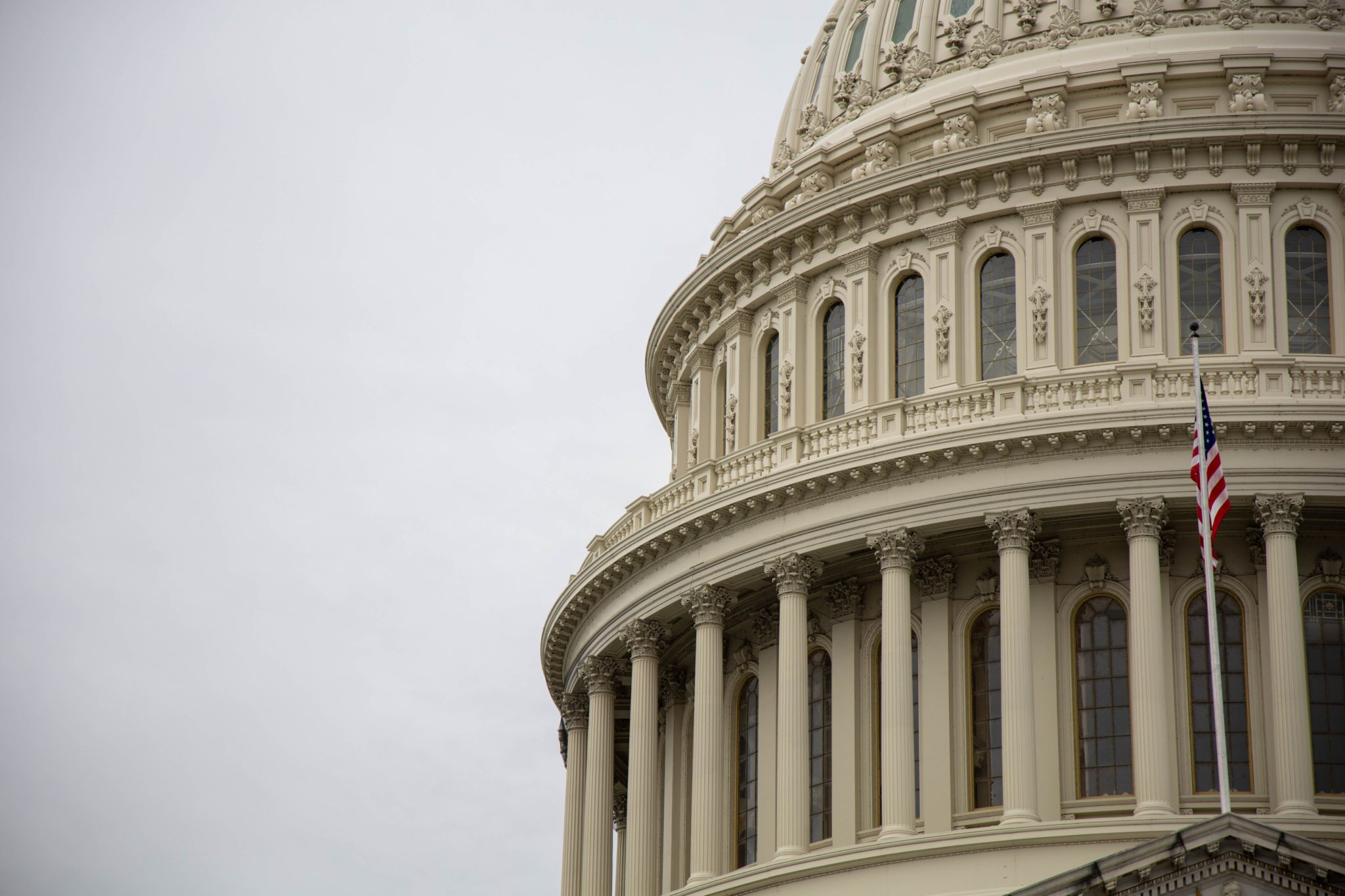On November 2, 2017, the House of Representatives introduced their comprehensive tax reform bill, known as the Tax Cuts and Jobs Act (H.R. 1). These are a set of talking points we encourage individuals and organizations in the charitable sector use in their own advocacy around tax reform.
General Points
- We are profoundly concerned that this bill hurts charities, our communities, and the millions of families that we serve.
- The legislation’s promise to deliver more jobs and fairer taxes falls short at the expense of charitable organizations, and more importantly, the people we serve.
- The bill removes incentives to give, eliminates charitable tax-exempt bonds, and raises taxes on charities to fund tax cuts to corporations – halting revenue flow into the sector.
- As a result, the charitable sector, which is the third largest employer in the country, could see job loss, not job growth.
- The current House bill fails to protect the ability of nonprofit organizations to serve local communities, the bill fails to protect charities’ abilities to serve our communities, strengthen the country, and advance the common good.
Charitable Deduction
- On the 100th anniversary of the charitable deduction, it is time for the tax code to incentivize all Americans to give more to charity. The House bill actually moves our country in the wrong direction.
- Rather than encourage more people to invest in their communities, this bill turns the charitable deduction into a tax benefit only for the wealthiest households and reduces giving by billions of dollars a year.
- By raising the standard deduction and not adding the universal deduction, you will effectively cut out up to 95 percent of Americans from access to the only incentive that is altruistic.
- Adding a universal deduction will extend charitable giving incentives to all taxpayers and create a fair, streamlined solution.
- We recognize that there is an attempt to increase charitable donations by raising the AGI limits, but we do not believe this is a solution to the challenges created by other tax reform provisions.
Johnson Amendment
- The bill makes dangerous changes to the Johnson Amendment, current law that protects charities from partisan politics.
- It allows charities to endorse or oppose candidates and engage in a limited amount of political activity.
- The bill opens up charities to become an instrument of electoral politics and allows individuals to abuse the charitable deduction.
- The Joint Committee on Taxation recognizes that this bill may encourage political donors to funnel some political gifts through charities in order to claim the charitable deduction (an action that remains prohibited by law).
- Ambiguous legislative terms, like “de minimus,” leave charities open to increased financial disclosure requirements and subjective scrutiny by the IRS.
- This provision further blurs lines that define acceptable 501(c)(3) activity during elections, rather than creating clear boundaries. It is problematic for
- Protecting donor privacy;
- Puts the charitable deduction at risk; and
- Creates more confusion across the sector.
Estate Tax
- This is the clearest transfer of resources from charities to wealthiest Americans.
- We have years of research to show that the estate tax has encouraged charitable bequests and investments into the sector.
- By removing this incentive, this tax bill weaken the spirit of philanthropy and the ability of charities to play a critical role in providing arts and cultures, providing services, and caring for the most vulnerable in our society.
501(c)(3) Private-Activity Bonds
- 501(c)(3) private-activity bonds are proven, cost-effective sources of revenue for the common good, particularly capital projects.
- The tax reform bill terminates 501(c)(3) private-activity bonds, thus eliminating funding charities use to provide vital public services and strengthen communities.
Excise Tax on Investment Income
- The house bill imposes an excise tax on the investment incomes of private colleges and universities.
- This provision overrides how taxpayers, community members, and charities choose to invest in their communities.
- We are concerned that this provision sets a precedent that will allow the policy to be extended to all charities in the future.
Unrelated Business Income
- The bill imposes a tax on research whose findings are not made public.
- There are questions about how this provision may impact charities and their ability to pursue their missions.
- Nonprofits are looking into whether the provision will impact charities’ ability to finance health-related research or evaluate programs.
Executive Compensation
- The bill sets a limit on compensation of individual leaders that applies to salaries as well as benefits.
- Competitive compensation is determined by Board of Directors comprised of community volunteers and constituents.
- We believe it is important for this type of decision-making authority remain with communities, rather than federal regulators.
- The sector follows established Principles for Good Governance and Ethical Practice to help boards determine fair, competitive compensation to attract and retain leaders that can tackle the most complex problems facing our communities.
Volunteer Mileage Deduction
- Current law sets a fixed rate volunteers can use to calculate a deduction for mileage incurred on behalf of a charitable mission. This number cannot be changed except through legislation.
- The bill allows the volunteer mileage rate to be adjusted based on inflation, which saves charities from the need to advocate for future increases.
Private Foundation Excise Tax
- The current two-tier private foundation excise tax unintentionally discourages private foundations from increasing grant-making and payouts during economic downturns or natural disasters.
- The bill establishes a flat excise tax rate that helps correct this issue.



